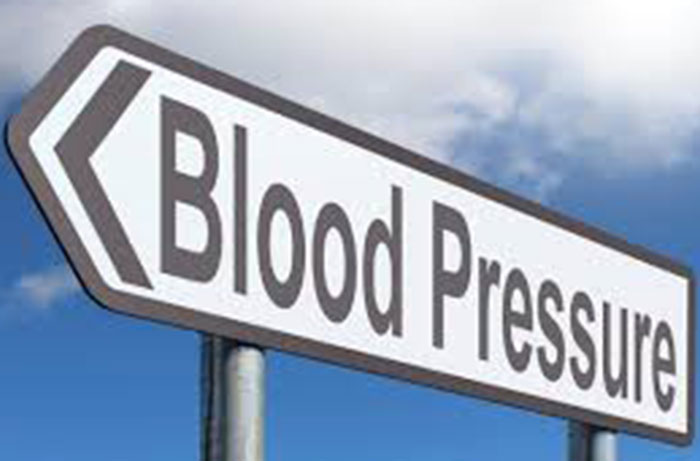

SIGNS OF HIGH BLOOD PRESSURE

Hypertension or high blood pressure is one of the many lifestyle diseases on the rise. To simplify things here’s what blood pressure is: It refers to the amount of resistance blood faces from the walls of the arteries as the heart pumps it out through the aorta. The narrower the arteries, the greater the resistance and the higher the blood pressure within it. Blood pressure is highest in the arteries as it leaves the heart, becoming progressively lower in the smaller arterioles and capillaries. Over long-term, high blood pressure can lead to damage to health, heart attack and stroke.
Early detection is important as high blood pressure over a period of time can result in damage to blood vessels and organs, more so the kidneys, heart, brain and eyes. In many cases, high blood pressure doesn’t produce any symptoms and has been known as ‘the silent killer’. It sometimes takes years worth of damage before a person realizes they have hypertension.
In adults, a normal blood pressure reading is supposed to be within a systolic of 120mmHg and a diastolic of 80mmHg. While it tends to vary a little during the day depending on activities, your resting blood pressure should be within this range. Treatment of this condition is comparatively easy as there are numerous prescription drugs available and along with lifestyle changes, they usually do the trick.
The main symptoms of severely high blood pressure include headaches, dizziness, flushing, visual changes, fatigue or confusion, shortness of breath, chest pain, irregular heartbeat, nosebleeds and even blood in the urine.
Such type of symptoms require immediate medical intervention and waiting for symptoms to get this bad before seeking medical attention could prove to be fatal. As an adult, the best thing you can do is have regular blood pressure check-ups, especially if you have a history of heart diseases in your family or if you have conditions that predispose you to develop it.
High blood pressure symptoms of the heart include shortness of breath, chest pain, stroke, heart failure or heart attack. When high blood pressure hits the brain it produces symptoms of dizziness, blurred vision, headache and nausea and vomiting. High blood pressure can impair kidney function too leading to fluid retention, swelling of the legs and even kidney failure.
Aside from this, it can affect the eyes causing symptoms of blurry vision, capillary haemorrhages in the eyes and sometimes even leading to blindness. Other than this, high blood pressure can cause peripheral arterial damage leading to pain in the legs, cold feet and stroke.
All this makes it important you check your blood pressure regularly.














